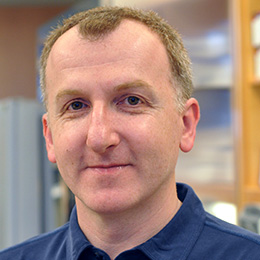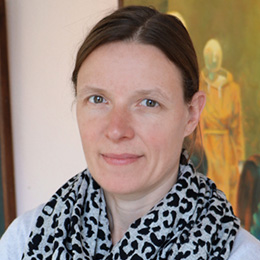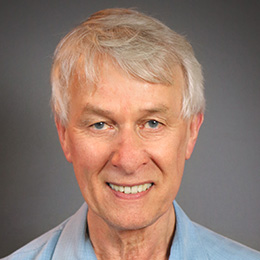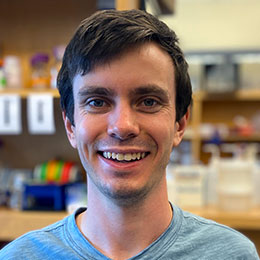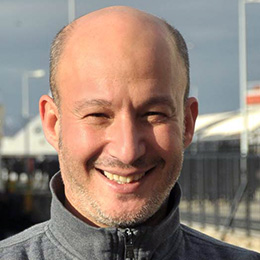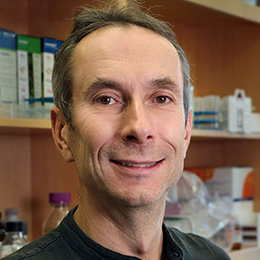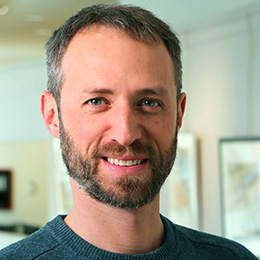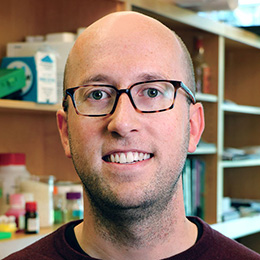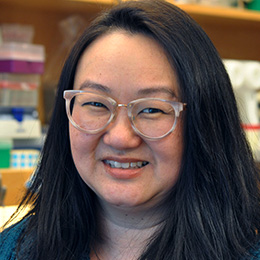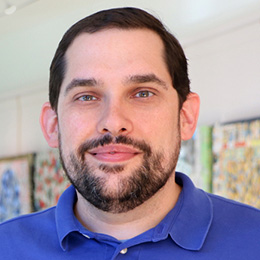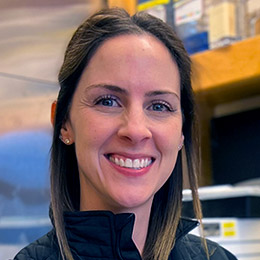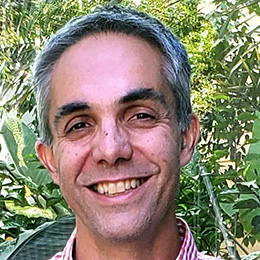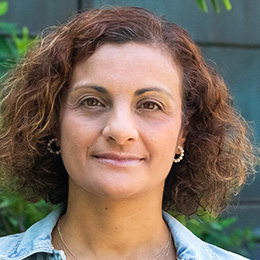
Lana Saleh
Associate Director
Ph.D., Pennsylvania State University, 2005
Area of focus:
Ten-eleven translocase (TET) proteins
Current Research:
In eukaryotes, methylation on both DNA and RNA is reversible and exists in the form 2'-deoxy-5-methylcytidine (5mC) on DNA and N6-methyladenosine (m6A) on RNA. The primary interest of my group is the biochemical characterization of oxygenases involved in the demethylation processes of these bases, such as the ten eleven translocation (TET) enzymes in the case of 5mC and FTO, and AlkBH5 in the case of m6A. These oxygenases are members of the Fe(II)/alpha-ketoglutarate-dependent dioxygenases, which employ a radical-based mechanism for the oxidation of the methyl moiety on their corresponding substrates. My group is interested in understanding the chemical mechanism that these enzymes employ to generate these oxidized bases, as well as deciphering their modes of substrate recognition and product release. We are also interested in how the various members of the nucleic acid oxygenase sub-family evolved to perform various oxidative functionalities and understand the factors that ultimately dictate their specificity.
1. Oxidative demethylation of 5mC on DNA and RNA
The TET enzymes have been implicated in the oxidation of 5mC into three oxidized forms, 5-hydroxymethylcytosine (5hmC), 5-formylcytosine (5fC), and 5-carboxycytosine (5caC). These bases have been thought to be intermediate products on the pathway to active demethylation in mammals but recent literature has presented evidence of the possibility of these modified bases functioning as epigenetic markers involved in cellular regulation and developmental processes. We are in the process of performing in vitro biochemical characterization of the mammalian TETs (mTETs) and their evolutionary distant relative, NgTET1, from the unicellular protist Naegleria gruberi, and relating the in vitro modus operandi to the in vivo biological reports. We are also interested in studying various other members of the TET/JBP family of which mTETs and NgTET1 are members. Specifically, we are keen to identify novel oxygenases that exhibit oxidative functionality to 5mC on mRNA and long non-coding RNA. Last but not least, we are utilizing structural and bioinformatics tools to identify TET homologs with altered oxidized-product distribution and substrate specificity.
2. Oxidative demethylation of m6A on RNA and DNA
m6A on RNA is known to play a role in various RNA metabolism processes such as splicing, nuclear export, translation ability, and stability. My group focuses on the functional and biochemical characterization of various m6A demethylases, which catalyze the conversion of m6A to adenosine (A) on RNA, such as FTO and AlkBH5, and DNA, such as a predicted AlkB homolog from Caenorhabditis elegans. In its demethylation reaction, FTO has been shown to catalyze the formation of two oxidized intermediates, hydroxy-6-methyladenosine (hm6A) and formyl-6-adenosine (f6A) on the pathway to the formation of A. On the other hand, neither intermediate has been detected in the reaction of mammalian AlkBH5. Therefore, one of the aspects we are interested in studying in the lab is the possible divergences in the chemical demethylation mechanisms of these two enzymes or whether the lack of detection of the same intermediates in the reaction of AlkBH5 is merely related to low in vitro activity of this enzyme. We are also focused on identifying the nature of optimum substrates of the aforementioned enzymes using an array of biochemical tools such as liquid chromatography (LC)-triple quad mass (QQQ) spectrometry-based kinetic assays, UV-visible spectroscopy, stopped-flow spectroscopy, and next generation sequencing methods.
3. Biotechnological tools for methylome sequencing on DNA and RNA.
My group is exploring the biotechnological application of the TET enzymes and the m6A demethylases in single-base resolution methylome sequencing of DNA and RNA, respectively, with the ultimate goal of developing commercial sequencing kits, which will serve as a molecular diagnostic tool for the epigenome and transcriptome-wide mapping of 5mC and m6A to understand the role of these bases and their modifications in various biological processes and disease states.
